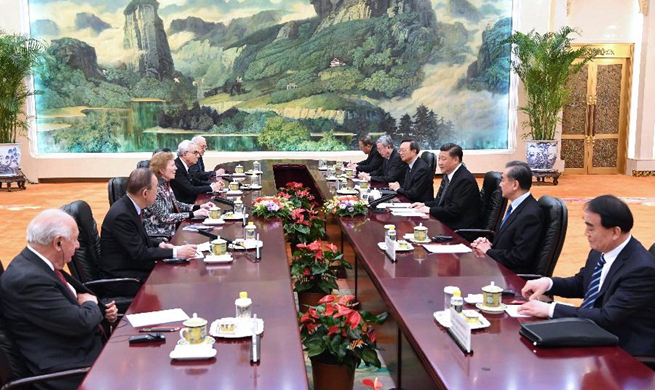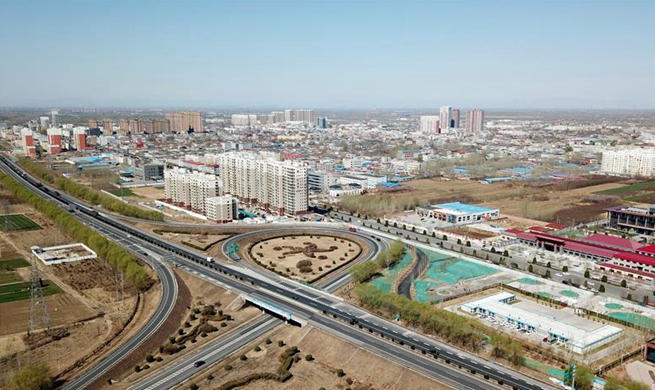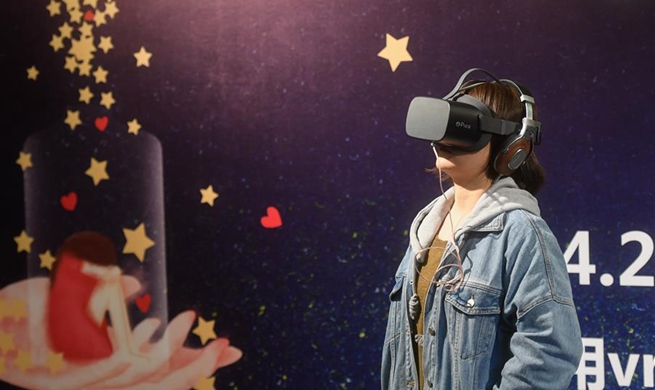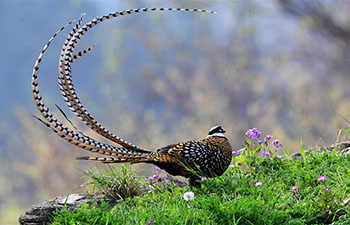CAPE TOWN, April 2 (Xinhua) -- The South African government on Tuesday warned against the circulation of fake information about the recent xenophobia-related attacks in parts of the country.
Recent attacks on foreigners have been hijacked by people who fuelled the tensions through fake news on social media, the government said in a statement.
Certain images and videos that appear on social media are old and unrelated to any of the reported incidents of alleged attacks on foreign nationals over the past few days, the statement said.
For instance, a message being circulated about foreign nationals burning South African-owned trucks in Limpopo Province is not true, government spokesperson Phumla Williams said.
A new spate of violence against foreigners erupted in some parts of the country last week, particularly in the coastal city of Durban where at least six people were killed and several others seriously injured during the attacks.
Various images and information about the attacks have appeared on social media. But according to the South African government, lots of such images and information are fake.
The spread of misinformation, fake pictures and videos on social media as well as fake websites may be fuelling tensions in the communities between South Africans and foreign nationals, Williams said.
"While government is concerned about the reported incidents of alleged attacks on foreign nationals, we would like to caution South Africans not to be duped to believe everything they read or see on social media that is purported to be about attacks on foreign nationals," said Williams.
She said the government has consistently condemned fake news websites masquerading as authentic news websites.
However, the recent spate of the fake online stories calls for greater efforts to raise awareness in society about fake news and fake social media posts, Williams said.
These fake videos and images on social media as well as websites do not subscribe to any codes of conduct that the media fraternity do and their agendas are directed at ruining the image of South Africa and its relations with neighboring countries and the continent, Williams said.
She said the government respects the right of freedom of the press and freedom of expression but fake news stories are a slanderous attempt against the brand of South Africa with no interest in respecting the Constitution of South Africa.
South Africa is host to some 274,000 refugees and asylum-seekers, according to the UN refugee agency.
Foreigners are blamed for taking up jobs that should have been taken by locals. A message that has been circulating on social media since last week calls for protest action against the employment of foreigners as truck drivers and security guards.
Xenophobia-related attacks are not unrare in South Africa. In 2015, widespread violence against foreigners broke out in parts of the country, leaving several foreigners killed. Ever since, sporatic incidents of xenophobia-related attacks have been reported.













